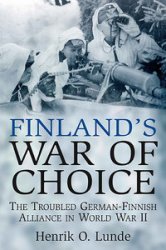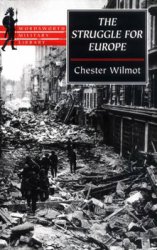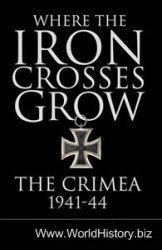As spell manuals like the Greek Magical Papyri moved beyond the provenance of priesthoods to circulate in Greek, they became sources of authority for individuals whose primary ritual expertise was their literacy. The Roman Empire saw an international circulation both of spells and of self-defined ritual experts who relied on the medium of the text to ply their trades (Dickie 2001: 73, 117-23, 314-19). Of course, the exotic or antiquarian allure of the temple remained in the spells’ pedigrees, which often claimed to derive from particular priests or sanctuaries, as well as in the ostensible pedigrees of the ritual experts themselves. The second-century author Celsus remarks caustically on ‘‘the accomplishments of those who are taught by the Egyptians, who for a few obols make known their sacred lore in the middle of the market-place and drive daemons out of men and blow away diseases and invoke the souls of heroes’’ (in Origen C. Cels. 1.68, tr. Chadwick 1965); novelists like Lucian and Apuleius depict young Roman literati anxious to learn priestly secrets in order to set themselves up as ritual specialists.
An interest in the diverse possibilities for divination in the Roman world also led to the establishment of new learned divinatory traditions like astrology, dream interpretation, and collections of lost oracles. If divination had locally been associated with priestly rituals and incubation shrines (see below, section 4), the tides of Mediterranean culture now brought specialists in the use of lamps, mirrors, and corpses to discern divine intent, future success, and the power of new gods (Graf 1997: 194200; S. I. Johnston 2001). As these traditions became consolidated and specialized they spawned their own hybrid literatures and authoritative pedigrees, separate from both Near Eastern temple traditions and official Roman divination traditions.
If literate ritual experts become an increasingly prominent part of the religious landscape during the Roman period, especially in the cities, the types of rituals that they purveyed - love, healing, cursing, amulet manufacture, and the ‘‘binding’’ of others’ urges - had long been the responsibility also of non-literate members of society: wise women and cunning men, who employed ritual traditions passed down as family heritages, and professionals in competitive trades who sought ritual means for advantage: athletes, merchants, prostitutes (Dickie 2001: 162-201). These were quotidian pursuits, which anthropologists attribute to that typical human tendency to hedge around crisis points in life with procedures that create certainty or safety. The ritual expert thus constituted an inevitable role in society, but also an ambiguous one, offering danger and disruption as well as assurance and health (Gager 1992; Meyer and Smith 1994; Frankfurter 2002). To comprehend the ritual expert’s inevitability and ambiguity there had long existed in the Greek world stereotyped constructions of the wizard and witch and the ‘‘magic’’ they worked (Gordon 1999: 191-219). But by the second century ce an increasingly anxious Roman attitude towards the subversive potential of alien ritual led to official attempts to legislate against ‘‘magic’’ and suspicious religious movements. Concern for ‘‘magic’’ and ritual subversion as obstacles to civic and imperial stability became ever more fraught through the fourth and fifth centuries, even as literary and documentary evidence shows a continuing fascination with the literary figure of the wizard - even in Christian literature, where he remained an essential foil to the saint. The same evidence points, moreover, to people’s ongoing dependence on real ritual experts at all levels of society (Liebeschuetz 1979: 126-39; Kippenberg 1997; Graf 1997; Beard, North, and Price 1998: 211-44; Dickie 2001: 251-321).




 World History
World History









